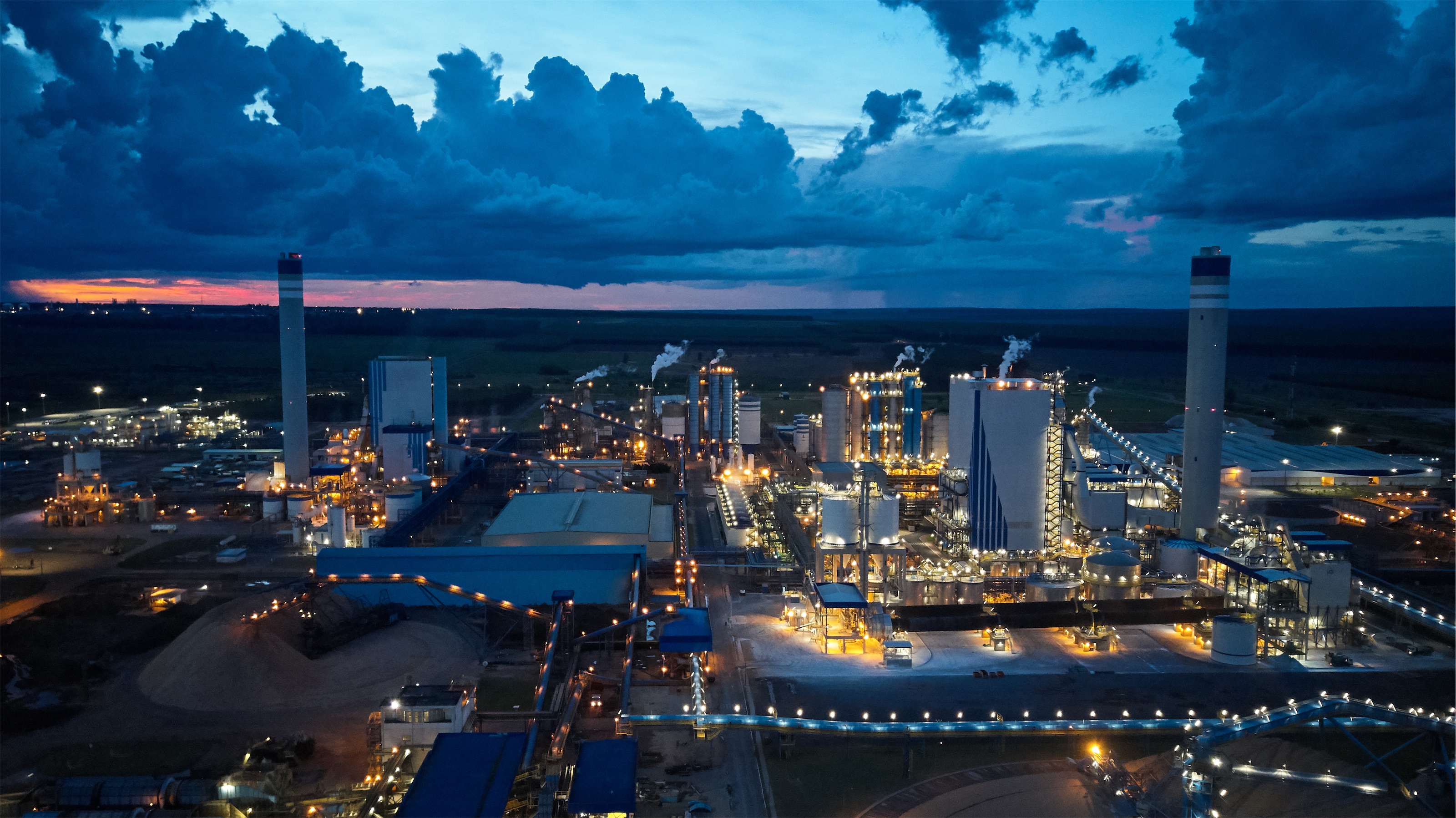The first step was to review the entire process that was implemented at Jacareí and determine how to replicate it at Três Lagoas. Because not all factories are identical, this meant that the team’s first challenge was to adapt the Jacareí initiative to the unique conditions at Três Lagoas.
The work to automate Kappa control
The project started in August 2020, when the teams began reviewing the digester controls, starting with the adjustment of the H-Factor control (the temperature control of the cooking zone). Adjustments were made and to the existing control and new conditions were added to the logic.
Costa explains that there were three main conditions required to automate kappa control. First, a feedforward density control was set to stabilize the digester level. In parallel, physical modifications were made to the residual alkali measurements, which made it possible to automate the alkaline charge dosage in the cooking steps.
“Finally, we closed the circuit through the automatic control of the kappa by temperature (H-Factor). Several other systems were also improved, such as discharge control and production ramps, among others, thus ensuring the success of the application,” concludes the Executive Manager.
After the general shutdown, which took place at the beginning of December 2020, all controls were switched on and, as of January 2021, the benefits started to become apparent. With a more stable kappa, the project achieved better efficiency in the delignification area. As a result, pulp quality became more stable and chemical consumption was reduced.
Industry 4.0, advanced controls and operational knowledge
In Costa's assessment, all critical processes need quick and accurate responses when the focus is on Industry 4.0. “What we did in this project was use all our operational knowledge to build an adaptive mathematical model that could automatically control, without human intervention, one of the main variables in the pulp production process.”
One of the most interesting results of the project was that the Três Lagoas mill achieved the lowest standard deviation of the entire Suzano group. In this regard, Costa points out that the project allowed for much more stable operation of the digesters. “As a result of this stability, we have the lowest 2 sigma kappa standard deviation of the entire Suzano group, and, I dare say the pulp market, with average values below 0.20 points at the mill 1 and 0.4 points at mill 2.”
Santos and Ogura recall that carrying out the project also brought comfort and confidence to the operators. “With advanced controls taking care of the process, operators can better manage their area. Usually, they take care of more than one area and many pieces of equipment,” add the ANDRITZ experts.
Perspectives created through teamwork
Despite the positive results, the team continued to look for additional improvements. Costa remembers that, during the project, they saw an opportunity to connect two initiatives. “One was the kappa control developed and applied in both mills. And the other was a pilot project called ‘Rocket,’ linked to the wood supply strategy at the mill,” he explains. The team is now working on Phase 2, the integration of these projects, with a focus on further improving the stability of the digesters.
In the words of Suzano's Executive Manager, besides improving the process yield, Suzano’s work with ANDRITZ contributed to lower consumption of chemicals, increased stability, and improved quality of the final product.
“Certainly, the project has been fundamental in advancing the stability of the digester, delignification and bleaching areas,” says Costa. “Considering that Phase 1 of this project is complete and that we are integrating two projects with a vision of optimized control, it will certainly be an innovative leap forward, given the potential of these tools.”
Machine Learning and Product Tracker are Metris Plant InSights solutions.
Learn more by accessing Automation Solution Finder.
https://automationsolutionfinder.andritz.com/











